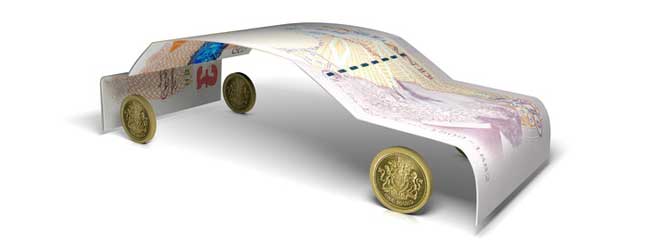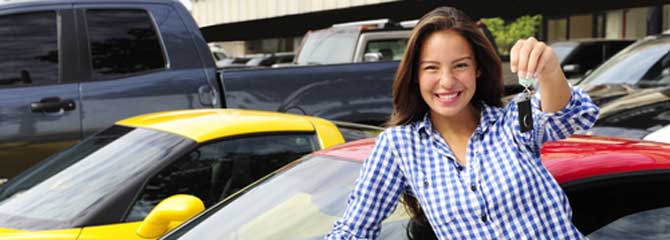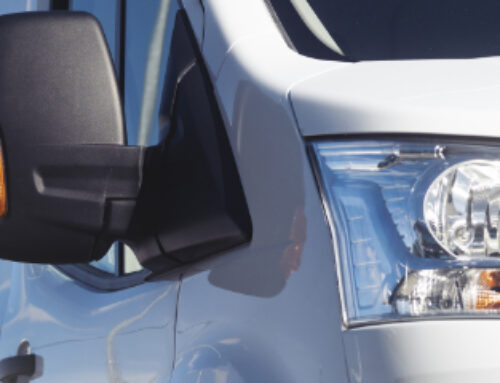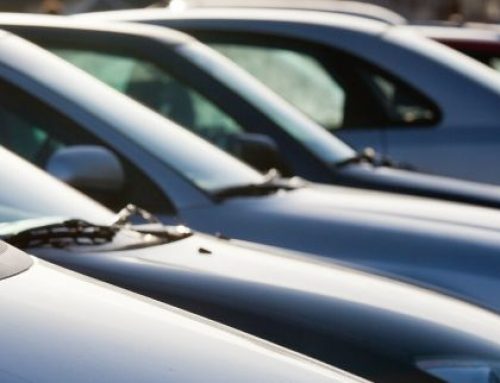[fusion_builder_container hundred_percent=”no” equal_height_columns=”no” menu_anchor=”” hide_on_mobile=”small-visibility,medium-visibility,large-visibility” class=”” id=”” background_color=”” background_image=”” background_position=”center center” background_repeat=”no-repeat” fade=”no” background_parallax=”none” parallax_speed=”0.3″ video_mp4=”” video_webm=”” video_ogv=”” video_url=”” video_aspect_ratio=”16:9″ video_loop=”yes” video_mute=”yes” overlay_color=”” video_preview_image=”” border_size=”” border_color=”” border_style=”solid” padding_top=”” padding_bottom=”” padding_left=”” padding_right=””][fusion_builder_row][fusion_builder_column type=”1_1″ layout=”1_1″ background_position=”left top” background_color=”” border_size=”” border_color=”” border_style=”solid” border_position=”all” spacing=”yes” background_image=”” background_repeat=”no-repeat” padding_top=”” padding_right=”” padding_bottom=”” padding_left=”” margin_top=”0px” margin_bottom=”0px” class=”” id=”” animation_type=”” animation_speed=”0.3″ animation_direction=”left” hide_on_mobile=”small-visibility,medium-visibility,large-visibility” center_content=”no” last=”no” min_height=”” hover_type=”none” link=””][fusion_text columns=”” column_min_width=”” column_spacing=”” rule_style=”default” rule_size=”” rule_color=”” hide_on_mobile=”small-visibility,medium-visibility,large-visibility” class=”” id=”” animation_type=”” animation_direction=”left” animation_speed=”0.3″ animation_offset=””]
Employee Car Ownership (ECO) Schemes could be about to make a comeback.
But are they right for you?
Changes to the rules affecting salary sacrifice car schemes and a seemingly endless tide of rises in Benefit-in-Kind taxes for company car drivers have prompted some industry experts to suggest that Employee Car Ownership (ECO) schemes may be about to make a resurgence.
While some pundits have suggested that the latest Government interventions have made a rise in personal leasing more likely as employees shy away from the traditional company car, others have expressed support for the benefits of ECO schemes.
What are ECO schemes?
ECO schemes came to prominence as long ago as the 1990s following the introduction of the current emissions-based system of company car taxation as a way to mitigate the increased BIK charges.
An ECO car looks and feels like a company car with one significant difference – the employee, not the employer, owns the car. As ownership rests with the employee, there can be no company car benefit no matter how much support or discount the employer provides.
The employee purchases the car under a credit sale agreement and meets the monthly finance and running costs using a mixture of the income tax savings from no longer having a company car and the maximum tax-free mileage reimbursement for business journeys under the Government’s Approved Mileage Allowance Payments (AMAPs) scheme.
Currently, this is 45p per mile for the first 10,000 miles and 25p per mile thereafter for using a privately owned car on corporate business, all of which are deemed to be tax free.
Some companies also may provide an employee top-up via the pay-roll, For the right employers, ECO offers significant cost reductions over a company car, but still provides sufficient risk management safeguards and control over the cars on offer.
What happened to ECO schemes?
ECO schemes have never really ever died, but they have certainly become less prominent as many company car providers, such as leasing companies, have moved away from promoting them, instead offering salary sacrifice car schemes.
Salary sacrifice car schemes have gained enormously in popularity over the last five years – that is until April 2017 when the Government changed the BiK rules.
From that date, the taxable value of a benefit under a salary sacrifice arrangement became the greater of the current value of the benefit or the cash forgone, although Ultra Low Emission Vehicles emitting less than 75g/km of CO2 were exempt from the changes. This has resulted in a dramatic slowdown in the take-up of such schemes.
While ECO schemes have largely flown below the radar in recent times, there are still a number of employers who operate such schemes for their employees and they are widely used by car manufacturers and dealers for their own employees who can obtain the vehicle at a substantially discounted price.
There is no reliable data of the size of the population of those employees who are currently in an ECO scheme but it would still appear to be significant.
Tax implications of ECO schemes
When it comes to Income tax and National Insurance Contributions, there is nothing to pay on the AMAP payments received. Any employer top-up, however, is paid via the payroll and is subject to income tax and employee’s NIC in full.
Employers also have to pay Class 1 NIC at 13.8% on the employee top-up, while it is possible to recover VAT on the fuel element of the full business mileage rates, provided receipts are kept.
Employees may, however, be subject to credit checks in order to secure finance, which can lead to some staff being excluded from the arrangements.
With the significant reductions in CO2 emissions of many popular company cars, the tax saved from removing the benefit charge may often be lower and can mean greater top-up payments are needed from the company to the required level, partially eroding the savings.
Who would benefit from an ECO scheme?
ECO schemes are generally viable propositions for those who want to take a car for which there is limited depreciation over the life of the agreement with all the benefits of having a company-provided vehicle, including service and maintenance.
However, key to this is that drivers need to be travelling sufficient levels of business mileage to make the scheme viable. If there are few business miles being driven, then the scheme becomes less attractive.
Facts to consider
That ‘title’ to the vehicle must transfer to the employee at the outset of the agreement as this is in no sense a company-owned vehicle.
With this in mind the leasing company may be concerned over the position of an employee who leaves their employment over the life of the loan period. If the employee ceases to be employed, the costs on early termination would need to be met by the employer who may need take out insurance to cover that risk.
There also needs to be consideration over what is done for those employees who take maternity/paternity leave or long term sick leave during the period of the loan agreement.
At the same time only genuine business mileage can be claimed, and it is important, when AMAPs are used to meet part of the costs of providing the car, that accurate records are provided against those business miles.
One issue to be considered is the Consumer Credit Act (CCA) and with this in mind there is need to ensure the agreements are correctly structured and all the safeguards are operated in accordance with the CCA requirements.
So is an ECO scheme worth considering?
Given the increasing tax costs of the conventional company car, with further rises in the pipeline, and the changes to the rules governing salary sacrifice car schemes, it does seem to be an appropriate time to look at the potential benefits of introducing an ECO scheme.
Of course, it is only worth considering if such a scheme can work with the profile of your drivers and their business motoring requirements. But, for a number of organisations and their drivers, ECO schemes may provide a solution to an increasingly, confused corporate motoring scene.
At Maxxia, we offer our own ECO scheme that we believe answers all the issues raised and which we would be more than happy to discuss in detail with any interested parties.
If you need any further information on whether an ECO scheme might work for you and your drivers, please don’t hesitate to get in touch.
[/fusion_text][/fusion_builder_column][/fusion_builder_row][/fusion_builder_container]









Hey I know this is off topic but I was wondering if you knew of any widgets I could add to my blog that automatically tweet
my newest twitter updates. I’ve been looking for a
plug-in like this for quite some time and was hoping maybe you would have some experience with something like this.
Please let me know if you run into anything.
I truly enjoy reading your blog and I look forward to your new
updates.